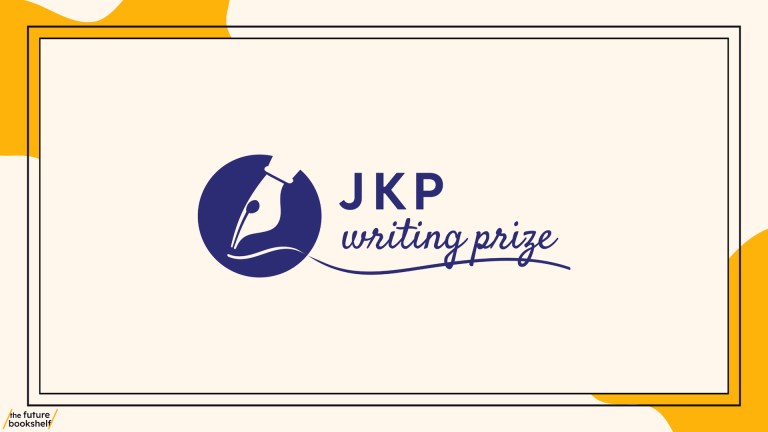‘The book isn’t finished when the writer puts their last full stop on the last sentence’

‘The book isn’t finished when the writer puts their last full stop on the last sentence’
I think it’s important for authors to realise they will have to undergo several drafts of their work before it’s ready to go to an agent or a publisher. Often, I will receive something that clearly hasn’t had the most basics of proofreading before the author has thought ‘Done! Send!’ The giddiness of finishing something is understandable but remember first impressions count so much in this industry. When you’re fighting for attention against hundreds of submissions each month, a polished manuscript will help you stand out from the crowd. An author should always, always get at least one other person to read the book before you share with a professional, be that a partner, friend, tutor, or creative writing group circle, or even an online chat group. On top of that, I recommend writers print off a copy of their manuscript and sit down and consume it like a reader would. Does it lag in places? Is the pacing right? Does it all make sense structurally? Have they changed a character’s name halfway through and forgotten to be consistent? Do they feel compelled to read on? Are the characters engaging them?
I can almost guarantee these two processes will lead to at least one more draft before they are in a place to take a book further. Another thing to be sure of is to have a full draft ready to send should an agent request to see more than three chapters. There’s nothing more frustrating for an agent than to fall for something and then be told the rest hasn’t been written yet. So work on the whole manuscript and not just the first 50 pages. Otherwise, they’ll risk the agent moving on to the next thing. Should the agent then be keen to work with a writer, we will most likely do a few more edits – one structural and one line edit. This can be as basic as cutting down a ginormous book to a more reasonable word count (80–100,000 words being the ideal) but might include asking for a particular character to be developed more or an ending to be rewritten, so these are the things you should be thinking about when you’re reading your own work, too.
Perhaps twenty years ago, editors would take more of a chance on raw talent and seek potential. But now, with so many demands on their time (editing, project managing, proactively following and staying ahead of the market etc) and so many authors on submission, anything you can do to allay doubts or mitigate the feeling of risk at the earliest possible stage will benefit a writer. Especially because editors have to get it past a room full of busy sales and marketing colleagues. The upside is if it’s in great shape, hopefully it will be closer to being published once acquired.
The main point to take away is this: the book isn’t finished when the writer puts their last full stop on the last sentence. Every author of every genre and status has to go through painful, laboured and often spirit-crushing, rewrites. You’ll have to ‘kill your darlings’ sometimes but this can be truly liberating too. Sometimes it will feel like they are losing sight of the book in this process but it’s so important to be critical of your own work, and then later to listen to the experts who are there to make a book a success – the book is still the author’s baby; the editors are merely the metaphorical midwives. And that is everyone’s ultimate goal. Every new draft will give it a better shot of engaging the retailer, the press and ultimately, the readers.




